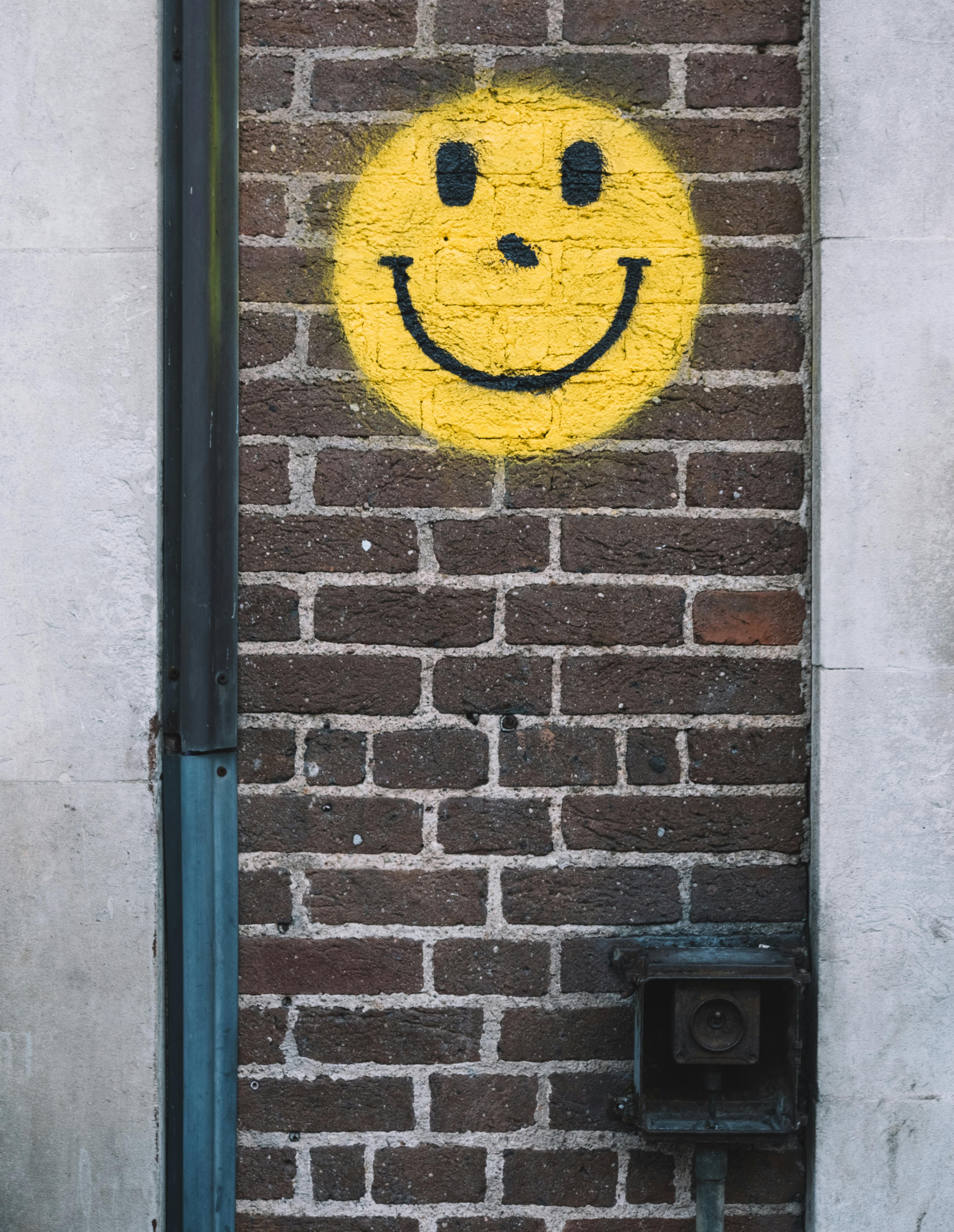
Blockchain for Food Safety and Traceability: Revolutionizing Supply Chain Management
Blockchain for Food Safety and Traceability: Transforming Global Food Supply Chains
The Emerging Intersection of Blockchain Technology and Food Safety
In the rapidly evolving landscape of global food systems, blockchain technology is emerging as a transformative solution for addressing critical challenges in food safety, traceability, and supply chain transparency. The integration of distributed ledger technologies provides unprecedented capabilities for tracking food products from farm to table, ensuring comprehensive visibility, accountability, and risk mitigation.
Understanding Blockchain's Role in Food Traceability
Blockchain technology offers a decentralized and immutable record-keeping system that enables real-time tracking of food products through complex global supply chains. By creating an transparent and tamper-proof digital ledger, stakeholders can instantaneously verify the origin, movement, and quality of agricultural and food products.
Key Technical Frameworks
The implementation of blockchain in food traceability involves several sophisticated technical frameworks:
-
Distributed Ledger Architecture: Utilizing consensus mechanisms like Proof of Stake (PoS) and Proof of Authority (PoA) to ensure data integrity.
-
Smart Contract Integration: Automated verification and execution of predefined supply chain conditions and quality standards.
-
IoT and Sensor Integration: Real-time data collection from agricultural production, transportation, and storage environments.
Top Blockchain Protocols for Food Safety
International Blockchain Platforms
| Platform | Jurisdiction | Key Features |
|---|---|---|
| VeChain | Singapore | Advanced supply chain tracking |
| IBM Food Trust | United States | Enterprise-grade food traceability |
| OriginTrail | Switzerland | Decentralized data exchange |
| Provenance | United Kingdom | Transparent product histories |
Regulatory Landscape and Compliance
Blockchain solutions must navigate complex international regulatory environments. Key jurisdictions like the United States (FDA regulations), European Union (GDPR), and Switzerland have developed progressive frameworks for digital food traceability technologies.
Legal Considerations
Comprehensive blockchain implementations require careful navigation of:
- Data privacy regulations
- Cross-border food trade compliance
- Intellectual property protections
- International standards for food safety documentation
Market Analysis and Future Projections
According to recent market research, the global blockchain in agriculture and food supply chain market is projected to reach $1.2 billion by 2027, with a compound annual growth rate (CAGR) of 45.3%. This exponential growth reflects increasing demand for transparent and secure food tracking systems.
Technological Impact Areas
- Enhanced food safety monitoring
- Reduced fraud and counterfeiting
- Improved supply chain efficiency
- Real-time quality assurance
- Sustainable and ethical sourcing verification
Technical Challenges and Solutions
Implementing blockchain for food traceability presents several technical challenges, including:
- Scalability of distributed networks
- Integration with legacy supply chain systems
- Data standardization across multiple platforms
- Cost-effective implementation for smaller producers
RWA.codes: Your Blockchain Traceability Partner
At RWA.codes, we specialize in developing sophisticated blockchain solutions tailored to the unique needs of food safety and supply chain management. Our expert team provides comprehensive services including:
- Custom blockchain architecture design
- Smart contract development
- Regulatory compliance consulting
- Integration and migration strategies
- Advanced traceability platform development
Disclaimer: The information provided represents technological insights and should not be considered financial or legal advice.
© 2024 RWA.codes. All rights reserved.